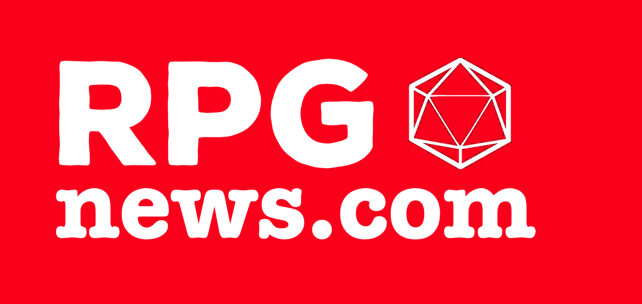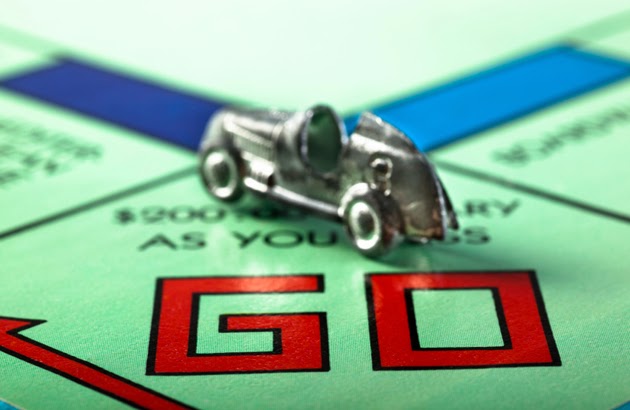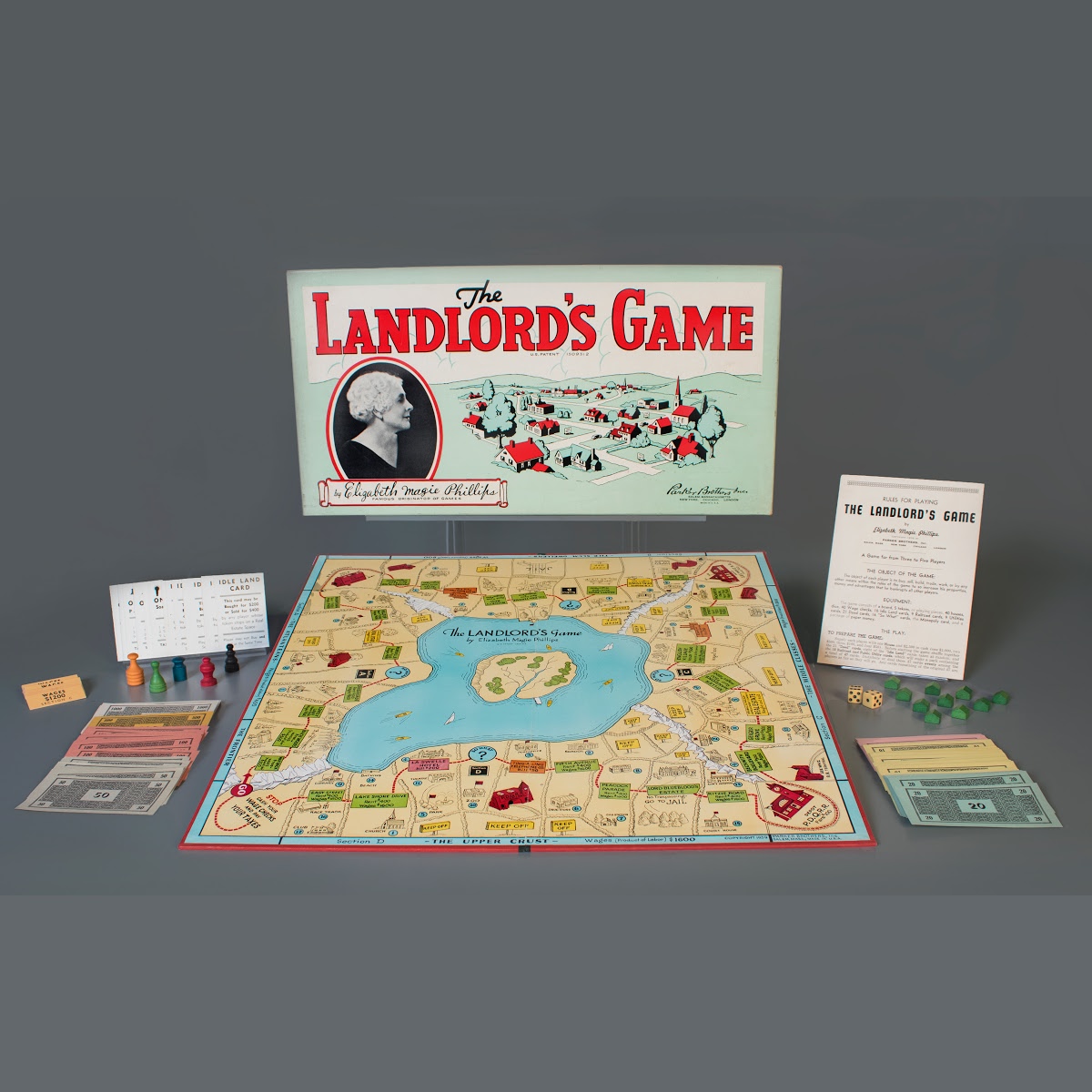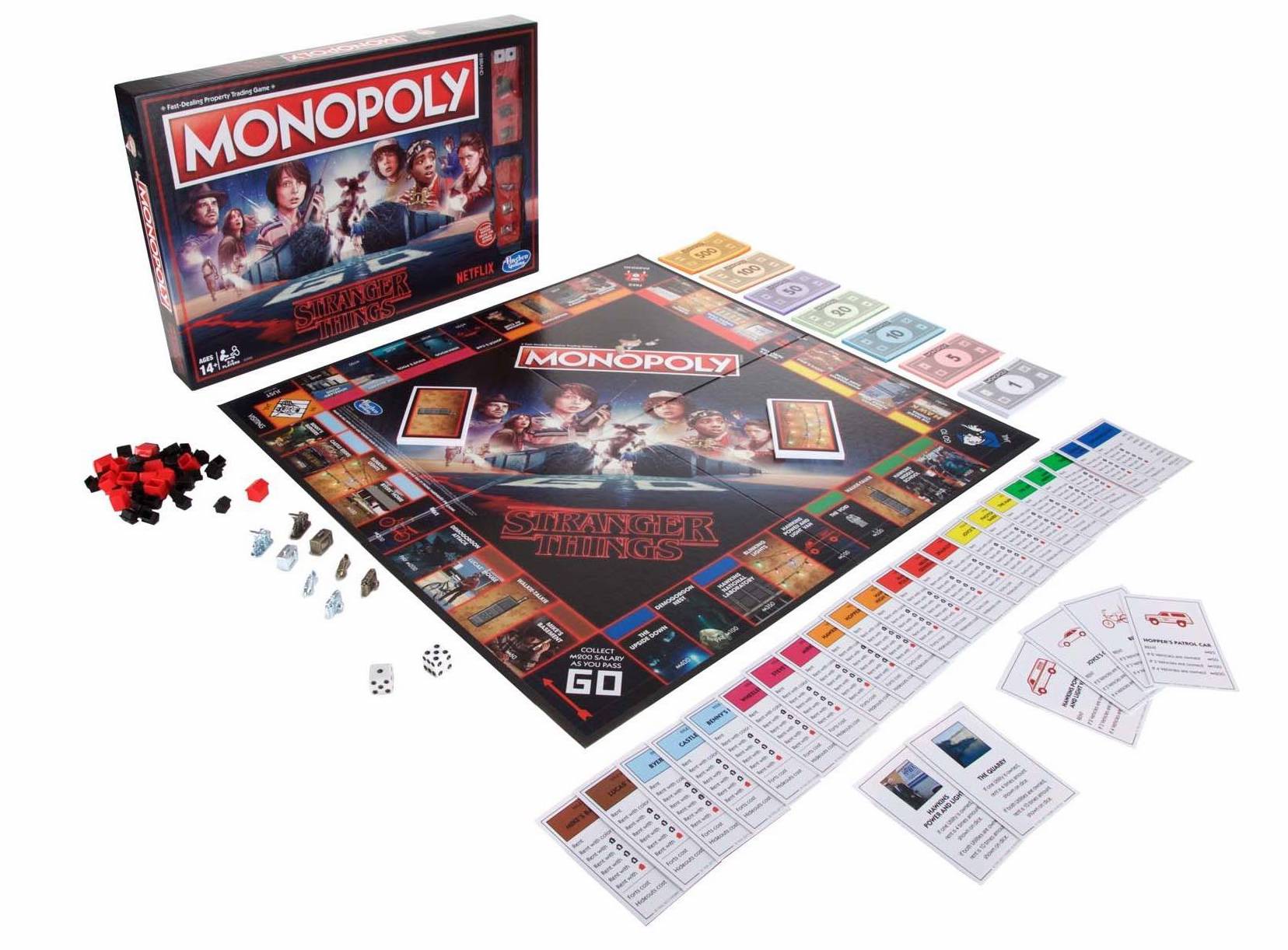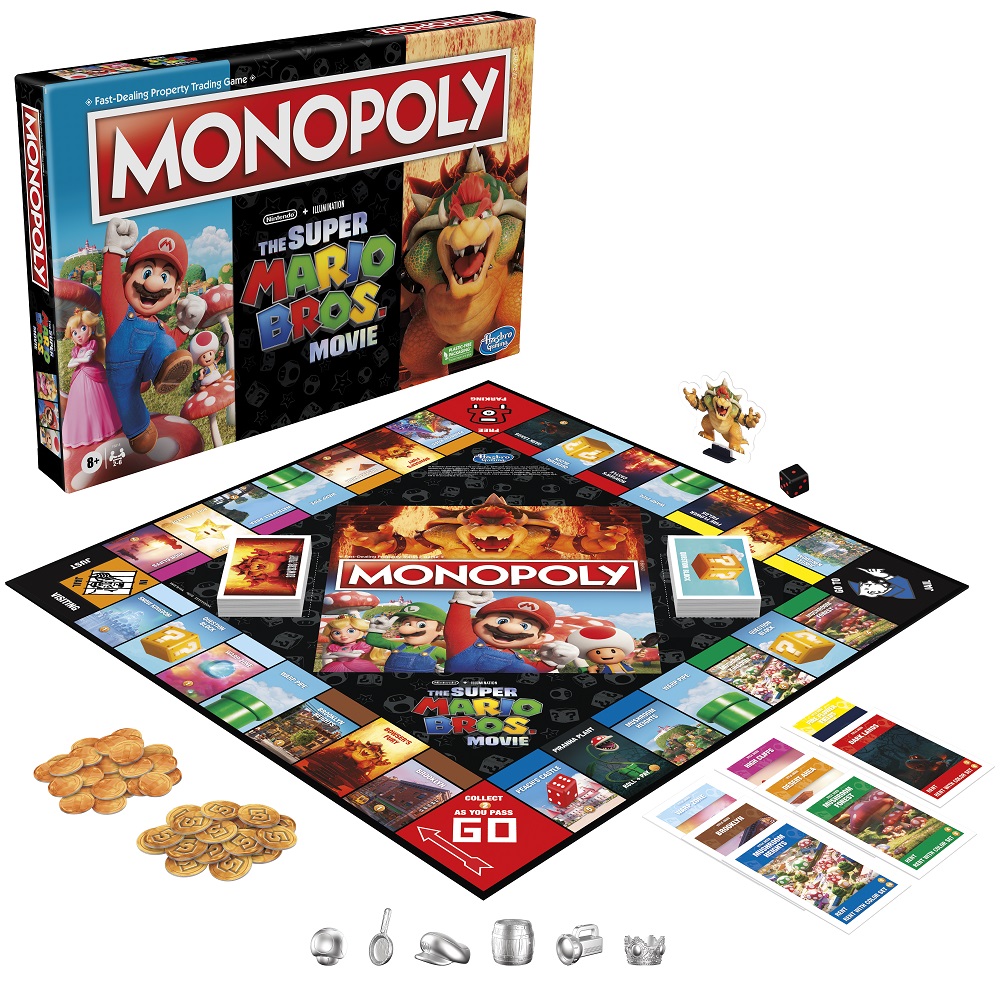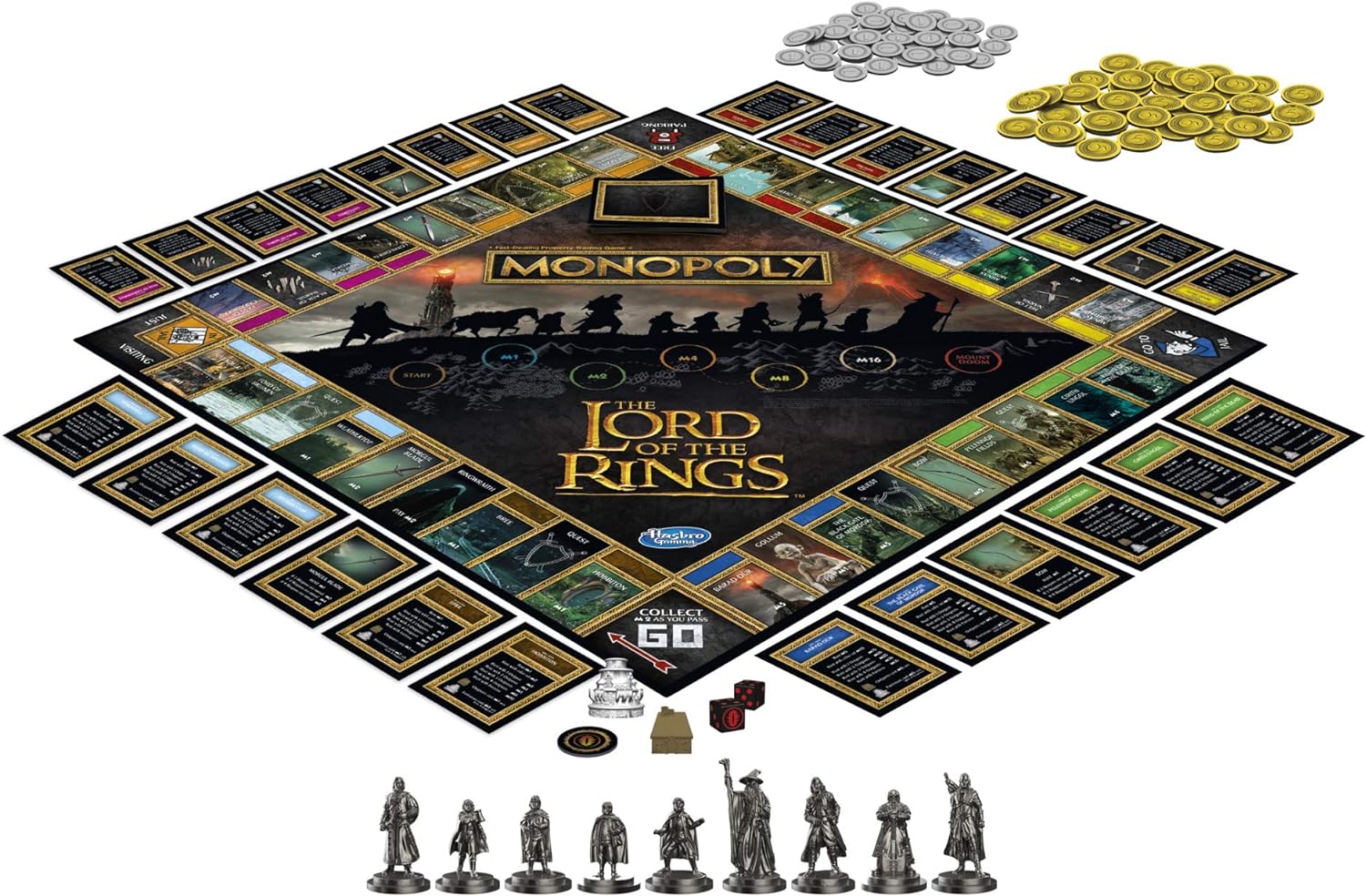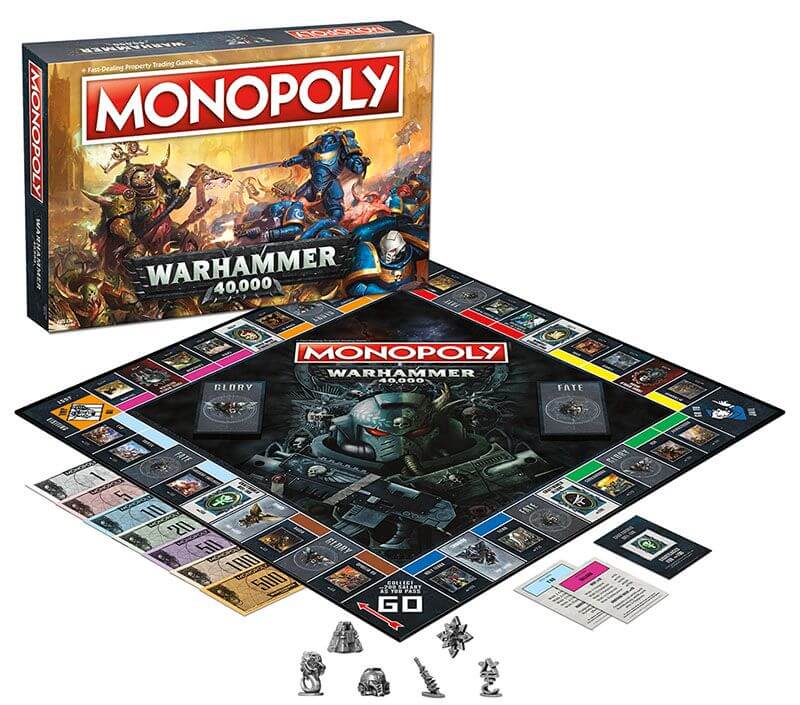Perhaps no board game is responsible for more silent car rides home and family fights than Monopoly. But it wasn’t always that notorious.
The popular multiplayer game of economics, property management, and avoiding jail has been the cause of countless family game nights ending in a flipped board and feud. Almost notoriously frustrating and known for either creating or attracting the most competitive players to ever open up a board game box. But there is more to this deceptively un-wholesome game than meets the eye as well as a surprisingly interesting history.
What is Monopoly & How Do You Play?
Honestly, if you’d never played a game of Monopoly before in your life, I’d be surprised. Between its age, prevalence on everyone’s parent’s game shelf, and the sheer number of variety and editions, there is a ton of Monopoly out there and a ton of people buying—and presumably playing—it.
Players take turns moving their game pieces around the board. When a player lands on an available piece of property, they have the option to buy it. If they chose not to, the property is put up for auction and available to all players. Anyone who lands on the property after it’s been purchased much pay rent every time they “visit.” If a player owns all pieces of property of the same color they can begin developing these pieces of property.
When each property has four houses, they can be traded in and upgraded to a hotel. Houses and hotels each increase the value of the properties and by extension the amount in rent that other players must pay when they land on these board spaces.
Monopoly also has a number of other more minor rules. For example, whenever a player passes “Go” on the board they collect $200. Rolling doubles allows the player to take another turn immediately, but three consecutive doubles will land the player immediately in jail. And, property must be developed at equal rates- so each much have a single house before you add a second.
Additionally, it is official that hotels cannot be purchased unless houses were on the property first… And players cannot purchase houses if there aren’t physically any left unpurchased. This means that a single player can have four houses on all of their properties and never upgrade to hotels, making it impossible for other players to ever develop their properties at all.
The History of Monopoly
In 1903 Lizzie Magie created a game called The Landlords Game. It was a game she hoped would simply lay out the single-tax theory of Henry George’s book Progress and Poverty, and was intended by Magie to be used as a educational tool to illustrate the negative aspects of monopolies. By 1904 she had patented her game, and by 1906 she had begun self-publishing it.
Over the next few years she would make several variants including a anti-monopolist ruleset and a pro-monopolist, and games with little cardboard houses where players could develop their property. By 1923 when she re-patented the game, The Landlords Game looked a lot like what we know now as Monopoly.
In 1932 Charles Darrow went to visit his childhood friend, Esther Jones and her husband for dinner. After which they played a few rounds of The Landlords Game. Darrow had never heard of this game before and became enamored by it, asking for a written copy of the rules.
He then made an almost identical game which he called Monopoly and began distributing it. Shortly after, Parker Brothers bought the rights to Monopoly from Darrow. And when they learned that his wasn’t actually the original game, they also purchased the rights to Magie’s patent for $500. They began marketing Monopoly in 1935.
Unfortunately, this new and now widespread version of Monopoly completely disregarded the anti-monopoly and educational warning that Magie had intended when she first made the game. Instead, Monopoly seems designed to encourage friends to financially crush each other into the dust. Y’know… for fun.
House Rules
In addition to the numerous persnickety little rules many people ignore, there are which are unofficial “house rules” that are almost always universally agreed upon and used. An example of this is “Free Parking.” Most people use the unofficial rule that taxes, fees, and other random chargers by the game go into a pot in the middle of the board. When a player lands on “Free Parking” they collect whatever money has collected there.
Other house rules include money loaning between players, eliminating property auctions, and cash bonuses for snake-eye rolls. These rules tend to add flexibility to the game and as a result limit the strategy that players can use. This has a tendency to lengthen the already fairly long game.
Still, the electronic versions of Monopoly offer the option to include some of the more popular house rules.
Which US City is Monopoly Based On?
The original, classic Monopoly board is based on Atlantic City, New Jersey. Many locations named are directly from Atlantic City, with the exception of Marven Gardens. That’s in Margate, NJ, about two miles from Atlantic City. They also misspell it as “Marvin Gardens” on the game board.
What Are the Eight Tokens in Monopoly?
In classic Monopoly the eight game pieces include the race car, the thimble, the shoe, the scottie dog, the battleship, the top hat, the iron, and the wheelbarrow. These pieces seem random, but they are simply mean to harken back to life in the 1920s and 30s and feature normal household items that most people would have.
What Company Owns Monopoly?
Hasbro owns the trademark of Parker Brothers and by extension all of the games they produced, including Monopoly.
How Many Monopoly Games are There?
Truly, an uncountable number. If you enjoy a fandom, city, sports team, or have almost any interest, there is a Monopoly variant representing that thing. These versions will change the tokens, game boards, properties, art, cards, and money to represent the theme they are leaning into.
Subscribe to our newsletter!
Get Tabletop, RPG & Pop Culture news delivered directly to your inbox.
For example, Sailor Moon Monopoly has you purchasing different characters around the board, the money has Luna on it, and the game pieces look like the wands that Sailor Moon uses. There are many different versions of Star Wars Monopoly alone. But if neither of those are your thing, there is also Cat-opoly, Fortnight Monopoly, and Nintendo Monopoly, just to name a few. If you like something, they have probably made it into a Monopoly board.
Happy adventuring!
Don’t Miss:
Read more at this site
